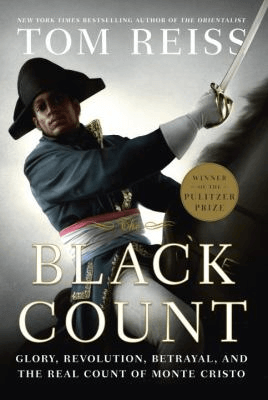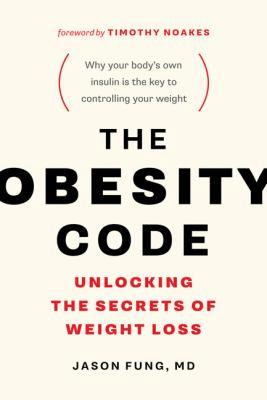With Summer Reading a mere three days away, many of you brave and wonderful people who are participating in this great endeavor may be contemplating which books to read. If you’re looking for some non-fiction, I may be able to provide a few suggestions—but reader be warned: These titles are not light-hearted reads. And with that small disclaimer out of the way, let us begin:

The first book on my list is for the science lovers out there who aren’t exactly well-versed in the discipline. Pulitzer-Prize winning author Siddhartha Mukherjee’s The Gene: An Intimate History manages to pull off what very few books about complex subjects can—it is accessible even to those without a science background. This is the history of the gene. Throughout the book Mukherjee calls out a few names you may be familiar with as well: Everyone from Aristotle (sometimes called the Father of Biology) to those who mapped out the human genome in the 21st century. Though the science can at times be a bit heavy, he provides solid examples to illustrate his points by bringing his own family history of illness into the broader discussion of how genetics has influenced society, what it means to be human and how those forces influence our destiny as human beings. Bottom line: If you’re interested in genetics and humanity and enjoyed The Emperor of All Maladies, you should probably give this a go.

If you’re a history buff and enjoy Swashbuckling adventures set in the eighteenth century, then you should try Tom Reiss’s The Black Count: Glory, Revolution, Betrayal and the Real Count of Monte Cristo. This is the true tale of the almost-forgotten General Alex Dumas (author Alexandre Dumas’s father), son of a French count and Haitian slave, and his exceptional rise and tragic fall at the height of the French Revolution. If you’d like to re-read the classics and see where Alexandre Dumas’s father’s life inspired the tales of The Three Musketeers and The Count of Monte Cristo, I highly suggest pairing one of the two with this book.

Are you looking for a different way to lose weight and ready to kickstart a healthier lifestyle (on top of lookin’ fabulous)? Then you might find The Obesity Code: Unlocking the Secrets of Weight Loss by Dr. Jason Fung helpful. His approach may seem controversial—he calls it intensive dietary management, but he backs everything up with the research to prove his points. This method focuses on low carb diets and intermittent and prolonged fasts (when supervised by a doctor). Each chapter is set out well and easy to read and it clarifies some common dieting myths, while providing the proof needed that the high levels of insulin and the ensuing insulin resistance is one of the main culprits of obesity and type 2 diabetes.
Ok folks, that’s all for this round. Join me for round II of non-fiction summer reading suggestions next month. I promise that I won’t make June’s list so serious!
-Whitney Z.
Crack the Code
Read Siddhartha Mukherjee's The GeneWhitney Z. is a native Pittsburgher. She is currently a substitute Library Assistant who loves audiobooks, music and movies. She believes firmly that NASA made a mistake in demoting Pluto and would sincerely like for said decision to be reversed.
